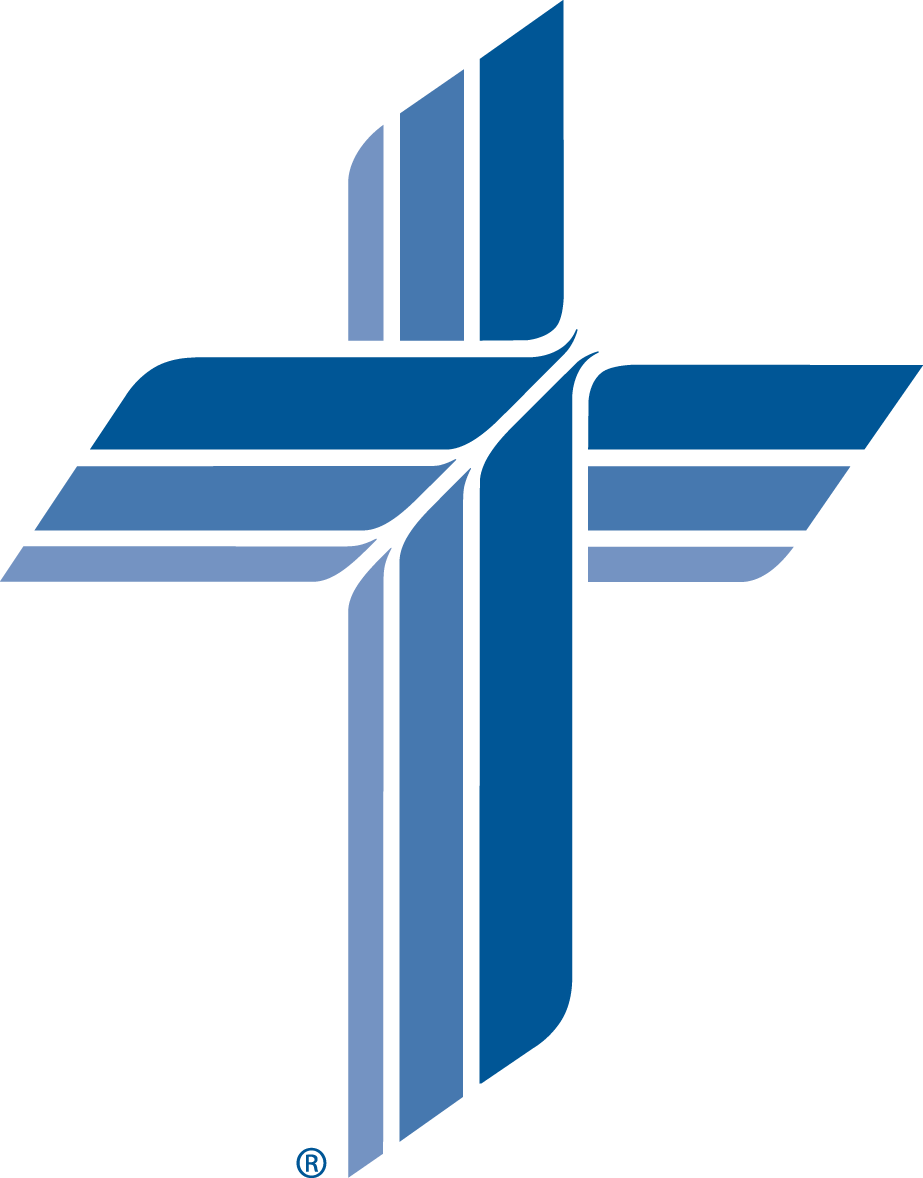The Divine Service
Lutherans refer to worship as the “Divine Service”:
Our Lord is the Lord who serves. Jesus Christ came into the flesh not to be served, but to serve and to give His life as a ransom for many….Our Lord serves us today through his holy Word and Sacraments. Through these means He comes among us to deliver His forgiveness and salvation, freeing us from our sins and strengthening us for service to one another and to the world. (From our hymnal, Lutheran Service Book, page viii)
Worship at Faith Lutheran Church reflects the convictions of our Lutheran confession and so is Christ-centered, biblical, and sacramental:
- Christ-centered—rooted and grounded in the atoning work of Jesus
- Biblical—permeated with the Holy Scriptures, read and sung and proclaimed
- Sacramental—nourished by Holy Baptism and the Lord’s Supper (with the latter received weekly)
Liturgy
We value the ancient forms of the Church’s worship, which are saturated with the Word of God and faithfully present Christ to His people. Insofar as worship is also formative of our faith, the liturgy provides us with an orientation toward God’s good creation as receivers—those who live solely by His grace.
We use the orders of service from the Lutheran Service Book, alternating with the seasons of the Church Year. The music is organ-led, and (most of) the liturgy is chanted.
To learn more about the different elements of our liturgy, click here.
Lectionary
A lectionary is an ordered pattern of readings from Holy Scripture that correspond to the Church Year. Each Lord’s Day a reading from the Old Testament, the New Testament Epistles, and the Gospels, are woven together to convey a particular theme. In the so-called “festival” half of the Church Year, from Advent through Pentecost, the focus is on the story of salvation. The latter half of the year, from the Feast of Holy Trinity to the Last Sunday of the Church Year, focuses on the various teachings of the faith.
Faith Lutheran uses the Three-Year Lectionary from Lutheran Service Book, which has its roots in the historic western lectionary. Portions of this lectionary date back over 1,500 years.

